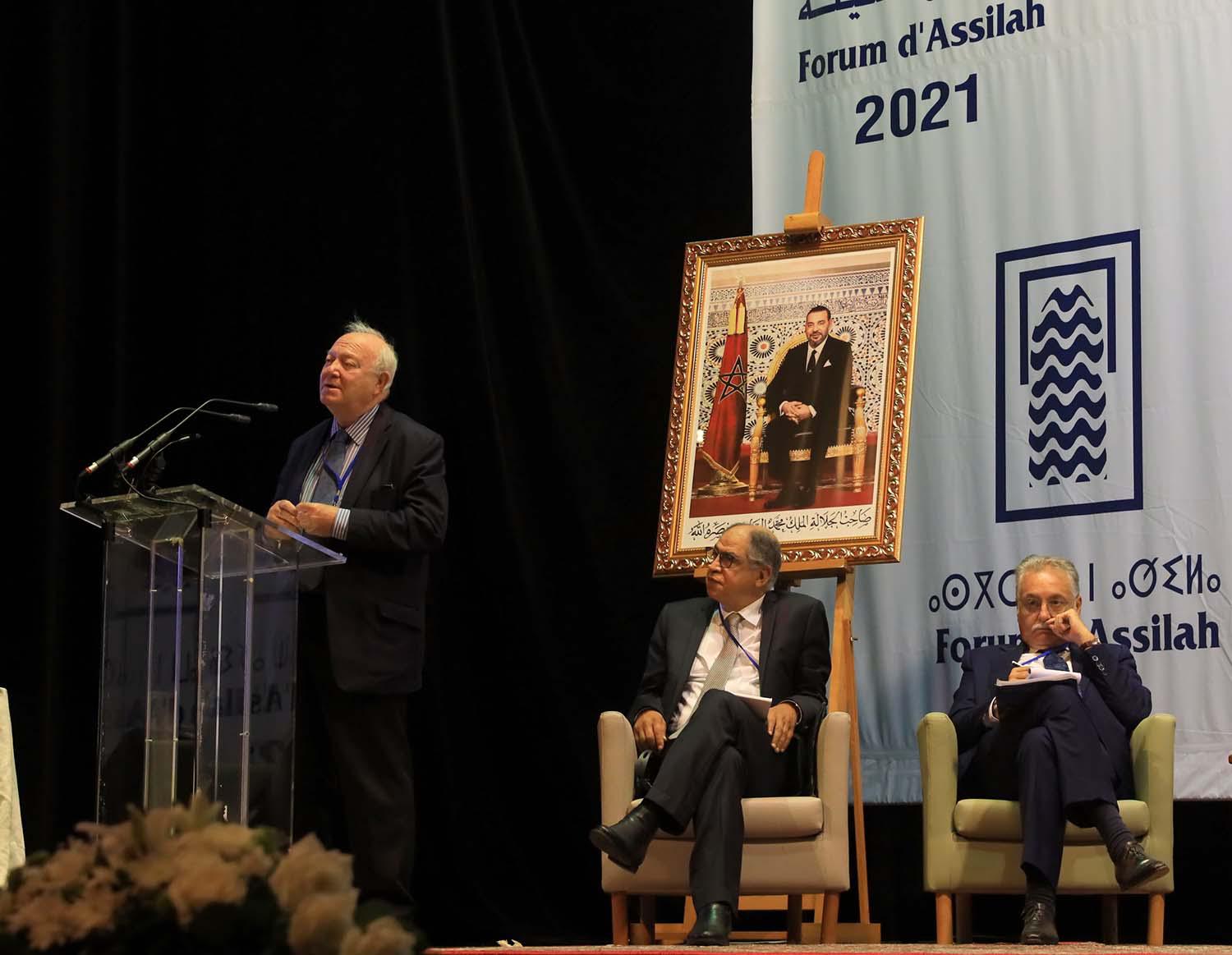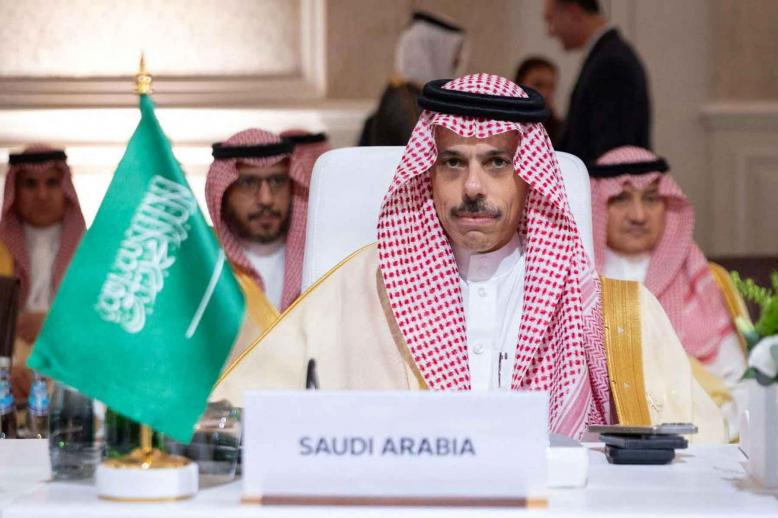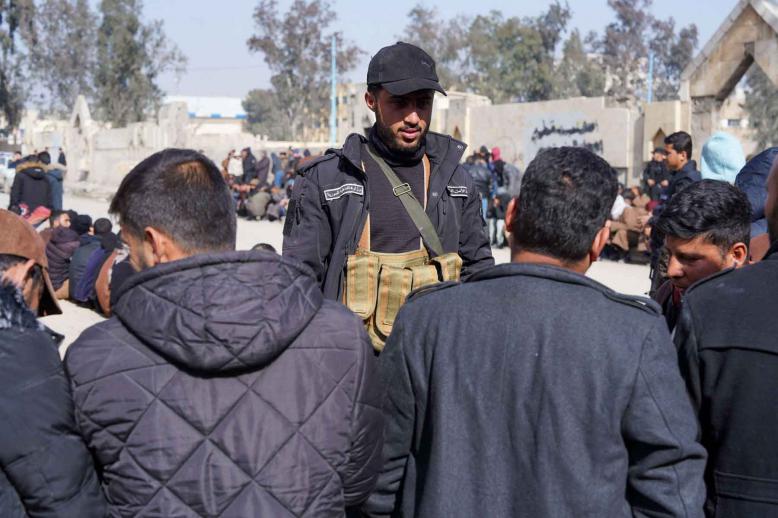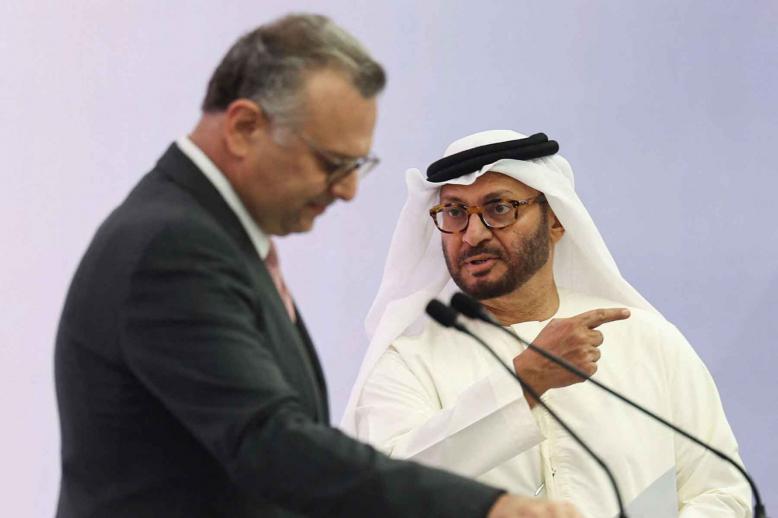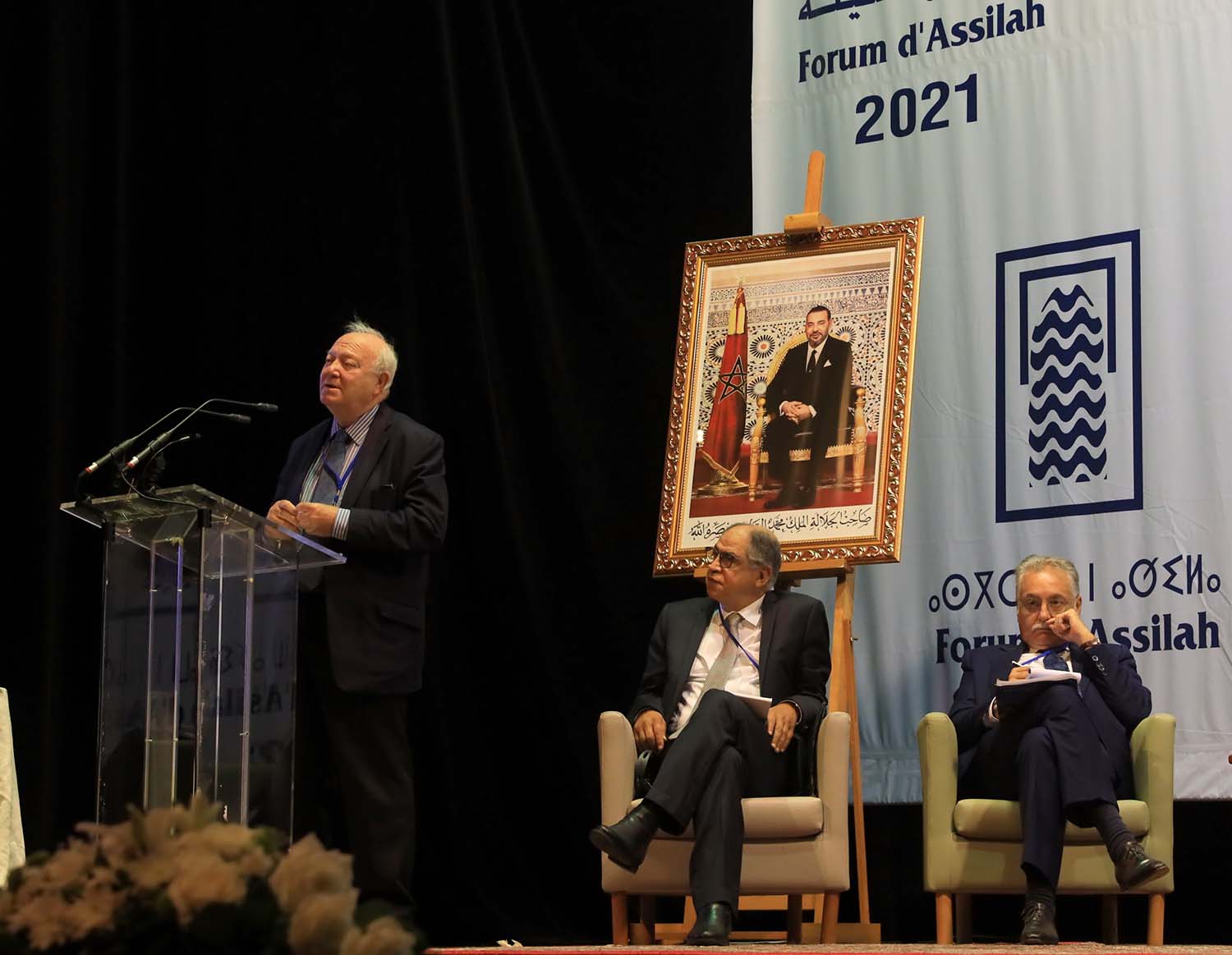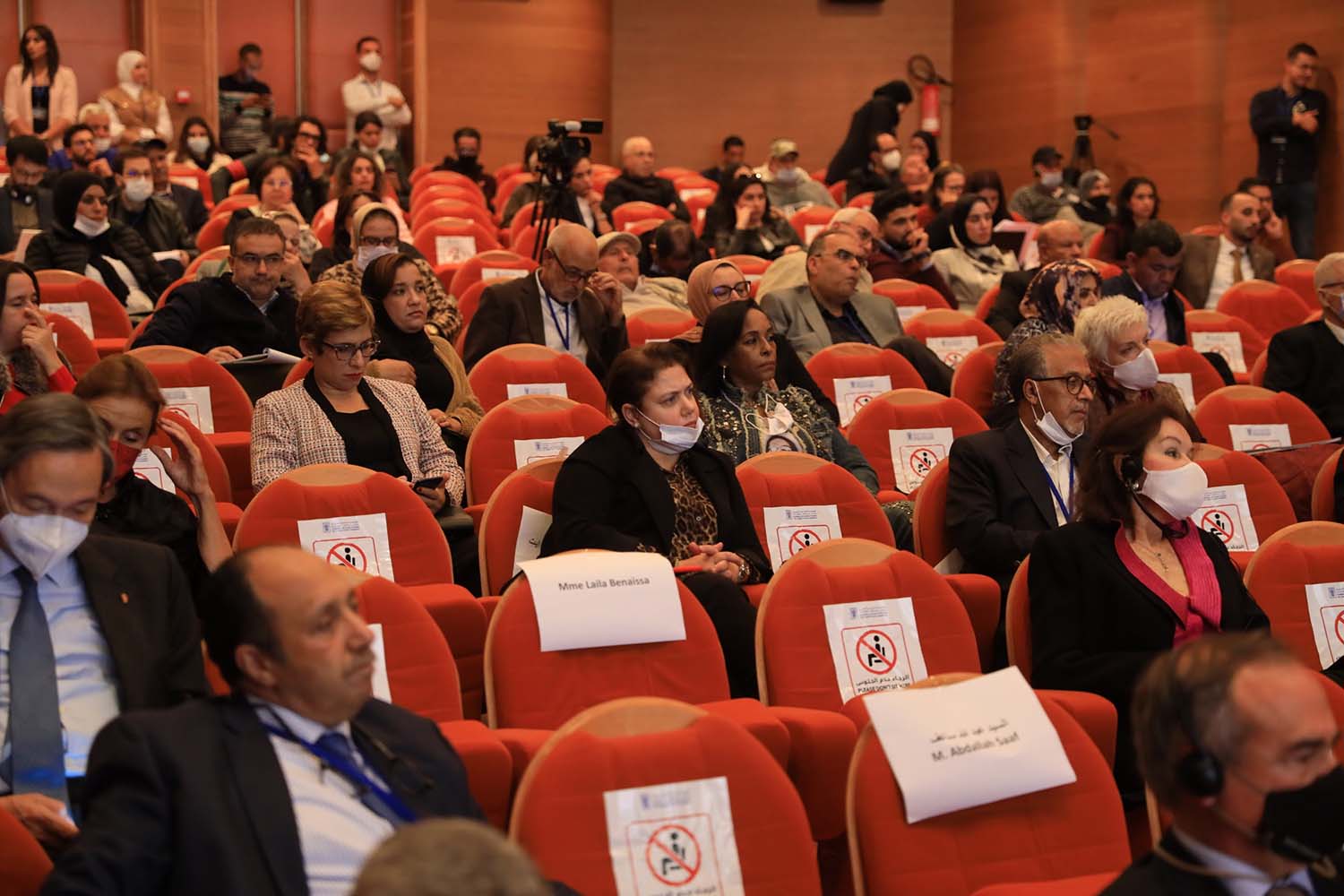
Electoral democracy: What future?
ASSILAH - The emergence of the feeling of rejection or scepticism with regard to democracy coincided with the middle of the first decade of the 21st century, thus marked by a series of financial and economic crises as well as a large number of corruption scandals and political crises that have contributed to spreading discontent among the general public, said Mohamed Benaissa, Secretary General of the Assilah Forum Foundation.
“we are living in the midst of an exceptional strategic mutation, the old premises long linking democratic stability and prosperity of the capitalist economy having receded, at the same time we notice that the opposite is happening: economic prosperity has contributed to the strengthening of one-party authoritarian regimes,” said Benaissa on Tuesday at the opening of a seminar titled “Electoral democracy: What future?” in the northern city of Assilah.
Morocco’s justice minister Abdellatif Ouahbi said that choice of the subject of the “electoral democracy” was meticulous and came in the right time, especially in the face of the expansion of what has become known as flowing democracy or representative democracies outside the game of elections, such as social media, which have become a political actor whose status, roles and influences on the source of political decision cannot be taken lightly.
“Democracy always seems to be threatened by the disorganisation experienced by social actors, threatened by their inability to direct their demands to the political system, whether because of their weakness to form or because of their encroachment on society,” said Ouahbi.
“Social actors always threaten the establishment of political institutions that represent pluralism and freedom,” he said.
The justice minister warned that today doubts about democracy have become strong, whether within the old democracies or within developing societies.
“In Western societies, the dynamism that is witnessed by capitalism has come as the most important threat to democracy. The transformations in the world of work and the dominance of financial speculation on the economy have led to an alarming growth in income equality,” he warned.
Ouahbi said that the reasons that had exacerbated an electoral democracy crisis could be explained by the big socio-economic changes that had been triggered by the current industrial revolution.
“If there is broad agreement today on the crisis of representative democracy in modern societies, its future is divided by two views, one optimistic and the other pessimistic,” said the minister.
He explained that those with an optimistic view believe that the spread and generalization of education and the growth of the level of modern awareness among the public will end up with imposing the will of representative democracy, renewing institutions and opening new horizons for electoral democracy and liberating it from the domination of money.
As for those with a pessimistic view, he said that they believe that the technology of surveillance and control, which is well-developed by states or by large private companies “leads us to a sharp separation between capitalism that does not stop controlling and electoral democracy” as an experience of freedom and pluralism that has been shrinking in front of populist currents and a culture of consumption.

The first panel titled “What future for democracy” saw the participation of international experts, most of whom help top positions in the governments, including former Portuguese Foreign Minister Luis Amado and High Representative for the United Nations Alliance of Civilizations and Former Spanish Foreign Minister Miguel Angel Moratinos.
Amado said that if “we want to discuss democracy’s future, we have to also discuss the future of capitalism” which is tied to the means of production.
He emphasised the United Nations climate summit, known as COP26 where World leaders are gathered in Scotland in a bid to push nations to ratchet up their efforts to curb climate change.
Amado called for reviewing the means of production in order to be compatible with the objectives of the decisions and initiatives in Glasgow that aim to curb global carbon pollution.
Experts say the amount of energy unleashed by planetary warming would melt much of the planet's ice, raise global sea levels and greatly increase the likelihood and intensity of extreme weather events.
Global carbon pollution this year has bounced back to almost 2019 levels, after a drop during pandemic lockdowns. A new study by climate scientists at Global Carbon Project finds that the world is on track to put 36.4 billion metric tons of invisible carbon dioxide.
Moratinos in turn stressed that politicians still can’t believe how the world has changed, especially during the coronavirus pandemic.
“COVID-19 showed us a different world. It exposed flaws in social, political and financial systems… It showed us the contradiction between authoritarian and democratic models,” he said.
He explained that while autocratic China managed to contain the spread of the pandemic thanks to its stringent decision, democratic countries in the West were struggling to do so, forcing their leaders to adopt tougher “undemocratic” policies that jeopardised their citizens’ individual freedoms.
Moratinos explained that the synonymous between the election and democracy is not always right, illustrating his analysis with the Arab Spring in 2011 that saw several dictators in the Arab world ousted by street revolutions.
He gave the example of Tunisia, which restored a democratic system through the ballots several months after President Zine El Abidine Ben Ali was toppled.
He said that Tunisia’s democratic system has not been properly prepared and consequently the West was not happy with the results of the elections which were won by Islamists.
“Democracy is not the elections. It is good governance and balance of power,” he said.
Moratinos said that despite the democratic gains by post-Arab Spring Tunisia, the North African country is now the model of the democratic fall, in reference to President Kais Saied who assumed executive authority in July after dismissing the prime minister and suspending parliament, a move that was backed by Tunisians.
Nabil Benadallah, former Moroccan housing minister, said that the world never imagined that freedom of expression will be centred on social networks such as Facebook and Twitter.
He warned that the existence of the freedom of expression on social media is being threatened by extremist ideologies that some politicians exploit to ascend to power.
Benabdallah called for boosting democracy globally by respecting human rights, aspiring to equality, justice and dignity. “This is the only way we can have stable political systems everywhere so that people can decently live through a better distribution of wealth and social welfare,” he concluded.


